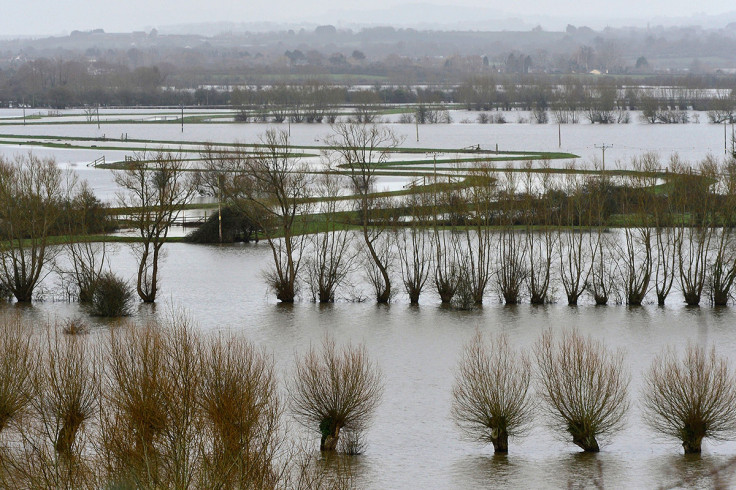Met Office supercomputer predicts record-breaking rain and floods for Britain
New study raises fears UK could see worse floods than those in 2014.

Parts of Britain could see "unprecedented" levels of winter rainfall over the coming years, raising fears the country will suffer floods worse than those experienced in 2014.
A Met Office study estimates there is now a one-in-three chance of monthly rainfall records being broken in England and Wales during upcoming winters.
Some of the records could be smashed by an astronomical 30%, researchers said.
"That is an enormous number, to have a monthly value that's 30% larger, it's a bit like what we had in 2014, and as much again," Prof Adam Scaife, from the Met Office, told the BBC.
The study was carried out by the Met Office's new supercomputer after previous climate models deemed the levels of rainfall that caused the 2014 floods to be impossible.
Taking climate change into account and using a climate model based on the period 1981 to 2015, hundreds of UK winter scenarios were played out on the supercomputer.
Researchers found many modelled months with similar or greater rainfall than January 2014, when 100-year records were broken.
The 2014 floods left homes and business across southern England and the Midlands in ruin, costing £1.3bn (€1.5bn) to the UK economy.
Dr Vikki Thompson, lead author of the Met Office's report, said: "Our computer simulations provided one hundred times more data than is available from observed records. Our analysis showed that these events could happen at any time and it's likely we will see record monthly rainfall in one of our UK regions in the next few years."
Researchers found a 34% chance of monthly records being broken in a given winter in the next few years in at least one region in England and Wales.
"There's a good chance of a record and there's a good chance that it would be much bigger than the current record," said Prof Scaife.
"We are not attributing this directly to climate change, what we are saying is that if you take in everything that's in the climate system today then that is the risk. Climate change is already happening and we've already got some and that is folded in here."
© Copyright IBTimes 2025. All rights reserved.






















